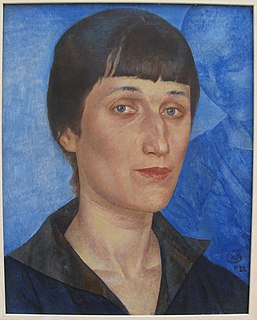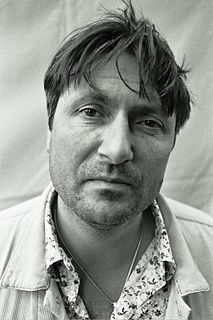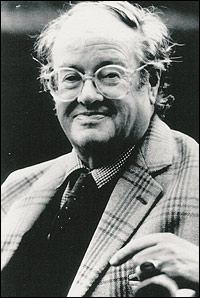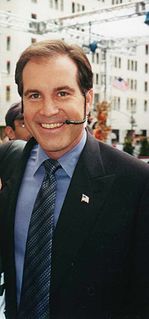A Quote by Robert Hass
I suppose there's something to be said for the sheer reinforcement of our beliefs, but really I think poetry is more useful as disenchantment than enchantment.
Related Quotes
I'm more than a little suspicious of humor in poems, because I think it can at times be a way of getting a reaction out of a reader, or an audience, that is something closer to relief: i.e., thank god this isn't poetry, but stand-up comedy. Some poets are really funny, but more often poets are fourth rate stand up comics at best. But they benefit from the sheer relief of the audience.
It’s never going to be very mainstream. One reason is that poetry requires concentration, both on the part of the writer and the reader. But it’s kind of unkillable, poetry. It’s our most ancient artform and I think it’s more relevant today than ever, because it’s one person saying what they really believe.
Poems very seldom consist of poetry and nothing else; and pleasure can be derived also from their other ingredients. I am convinced that most readers, when they think they are admiring poetry, are deceived by inability to analyse their sensations, and that they are really admiring, not the poetry of the passage before them, but something else in it, which they like better than poetry.
My biggest poetic influences are probably 20th-century British and Irish poets. So I suppose I'm always listening for the music I associate with that poetry, the telling images, the brevity. I want to hear it in my own work as well as in the poetry I read. However, I think I'm generally more forgiving of other poets than myself.
'Who's been repeating all that hard stuff to you?' 'I read it in a book,' said Alice. 'But I had some poetry repeated to me, much easier than that, by - Tweedledee, I think it was.' 'As to poetry, you know,' said Humpty Dumpty, stretching out one of his great hands, 'I can repeat poetry as well as other folk, if it comes to that - ' 'Oh, it needn't come to that!' Alice hastily said, hoping to keep him from beginning.
Enchantment is the purest form of sales. Enchantment is all about changing people's hearts, minds and actions because you provide them a vision or a way to do things better. The difference between enchantment and simple sales is that with enchantment you have the other person's best interests at heart, too.
I do want to have that feeling that people are actively involved in something, rather than just consuming something. I suppose that's what it comes down to, because it's such a dominant capitalist society, everything becomes a consumer product. And I don't think that's really appropriate to the creative arts, really.
Do they think that they have given us great pleasure by telling us that they hold our soul to be no more than wind or smoke, and saying it moreover in tones of pride and satisfaction? Is this then something to be said gaily? Is it not on the contrary something to be said sadly, as being the saddest thing in the world?
She was obviously useful at the UN because she had a public persona before she ever got there. She was well known. She was a spokeswoman for many important things. When she got there, what she said was paid attention to, undoubtedly much more than would have been if just Joe Blow had been made our representative to the United Nations. In that sense, I think it was useful to have her there.
The broadcasting industry definitely has changed, and I'm talking about young broadcasters who come along today, they really feel like they have to do something that's outlandish to make them stand out. They have to say something provocative that maybe they don't even really truly believe in their heart and, it's not really what their beliefs are, but they're going to sacrifice their beliefs to try to do something to gain attention.







































